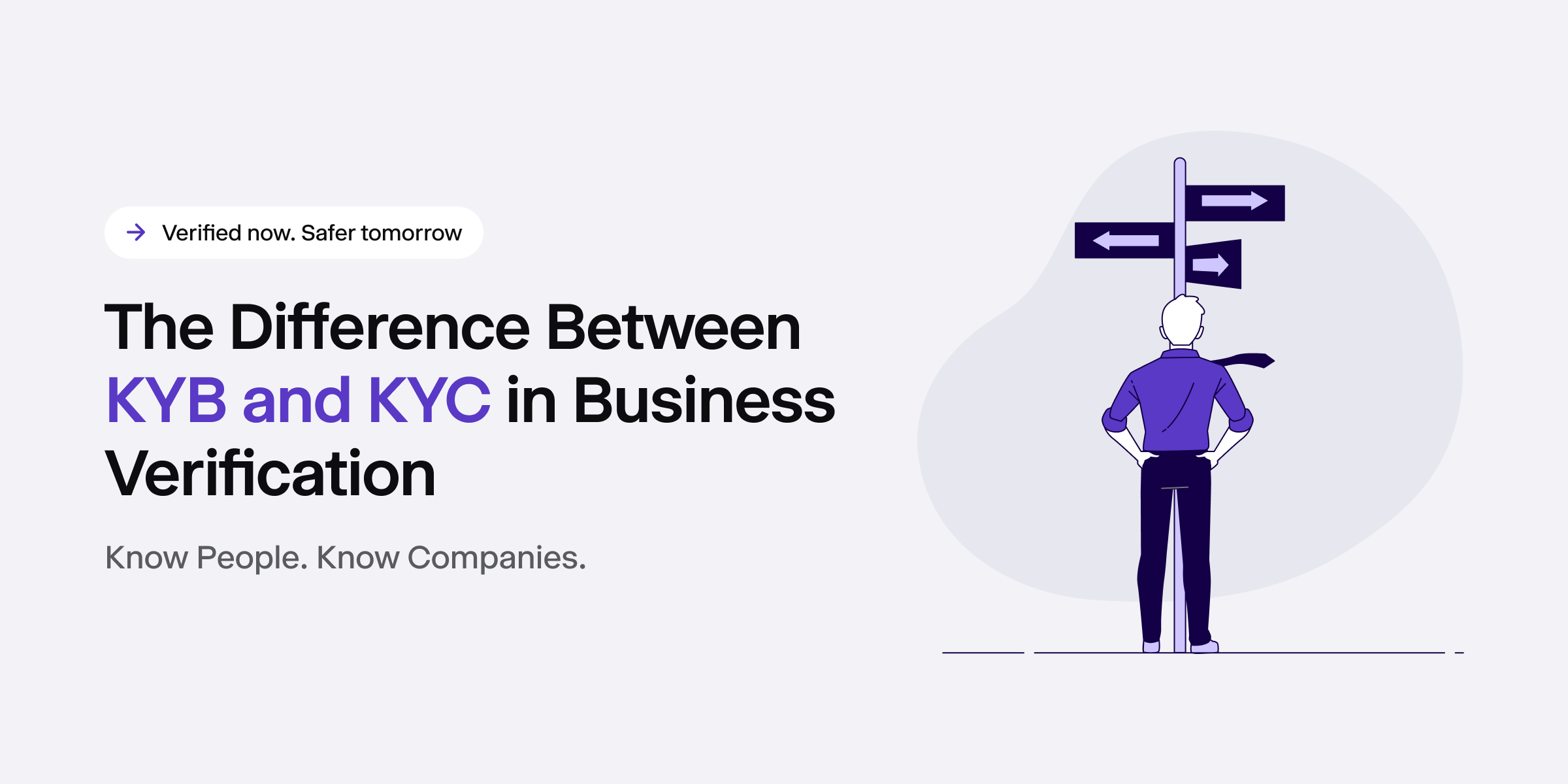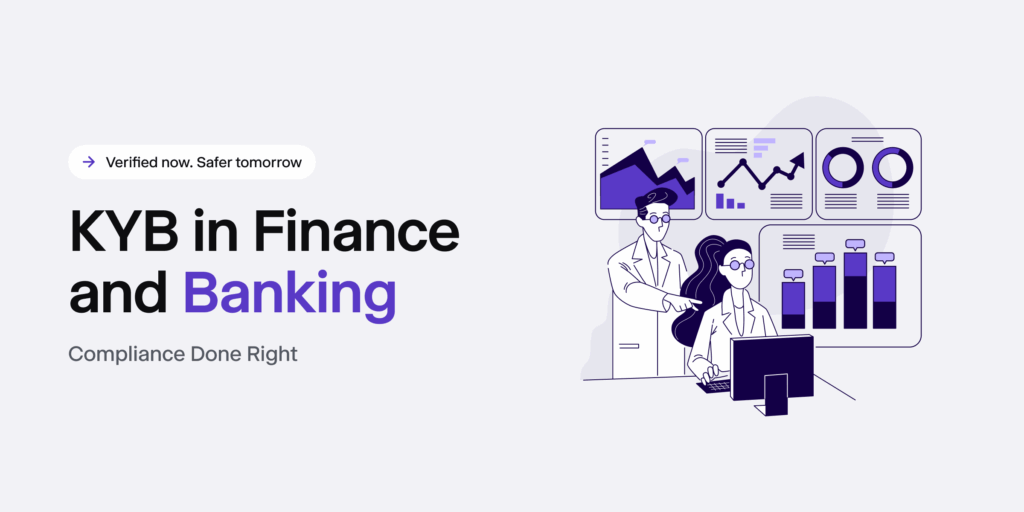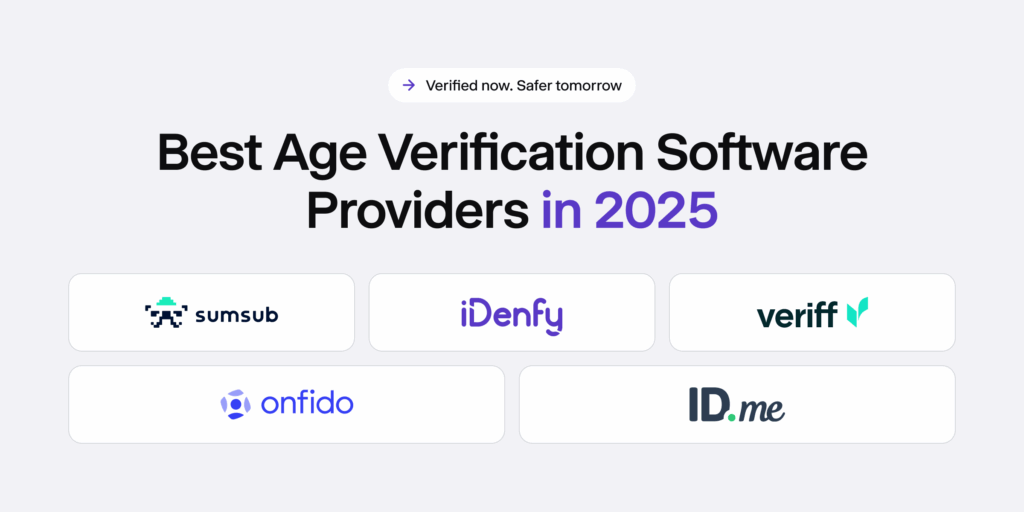Businesses can not afford to guess who or what they are dealing with nowadays. Fraud, money laundering, and all sorts of unusual ownership setups are prompting companies to build trust online more frequently.
Let’s discuss KYC (Know Your Customer) and KYB (Know Your Business), and how they differ in business verification. People sometimes mix them up or use them like they mean the same thing, but they are different tools for compliance and risk management. Both fit into the bigger picture of making sure everything is alright and follows global standards.
Let us walk you through what each one is, how they differ – especially in the context of business verification – and why both are important for businesses and companies.
What is KYC?
KYC, short for Know Your Customer, is basically about confirming that the person you are interacting with is legit. It started in banking but now pops up everywhere – fintech, online shopping, gaming, even healthcare.
The main point? Making sure individuals are not faking their identities. Here is what it usually looks like:
- Taking official, government-issued IDs like passports, driver’s licenses, or national cards.
- Double-checking details such as name, birthday, and address.
- Scanning lists for sanctions, watchlists, or politically exposed persons (PEPs).
- Sometimes, adding biometrics, like a recording, to make sure that the person is real.
KYC is your main security measure against identity theft, hacked accounts, and scams that could mess up your business or customers. It also keeps you compliant with anti-money laundering (AML) and counter-terrorism financing (CTF) laws.
What is KYB?
KYB (Know Your Business) turns the focus to companies. It is about verifying if a business is real, how it is set up, if it is legal, and many more things.
Here is the typical rundown for KYB:
- Verifying registration info through official databases.
- Verifying the ultimate beneficial owners (UBOs) – the actual people who own the company, not just front names.
- Checking the business and its people in sanctions lists and PEP lists.
- Looking for any changes in ownership, leadership, or red flags.
KYB is huge in sectors like banking, lending, supply chains, and B2B deals. Skip it, and you might end up partnering with a fake company.
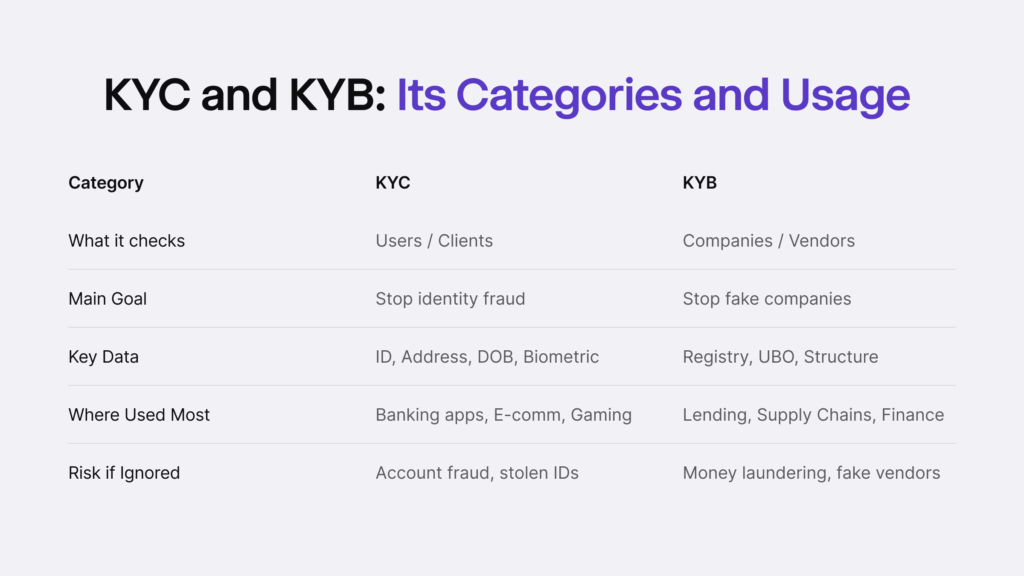
KYC and KYB in Business Verification
KYC and KYB are two different solutions, but they come together, with different purposes when it comes to businesses that are working with people and want their company and users to be safe.
- KYC is about people. It is focused on the individual, asking questions like “Is this person real? Are they who they say they are?” KYC is perfect for answering these questions for businesses that have to deal with people, such as those involved in online transactions or financial services.
- KYB is about companies. KYB zooms out to the big picture. Asking questions like “Is this company legit? Who is really behind it?” Businesses are way more complicated than individuals, with all sorts of layers of ownership, subsidiaries, and sometimes deliberate smoke screens. KYB is built to handle that complexity.
Think of it like this: KYC is checking the driver’s license of the guy in the car. KYB is inspecting the entire car – its registration, its engine, and whether it is stolen or not. In business verification, KYB is designed to adapt to the unique challenges of vetting companies. For example, KYC might confirm that the CEO’s ID is legit, but KYB makes sure the company itself is not a fake setup designed to launder money or dodge taxes.
When you are onboarding a business client, you need KYB to vet the company and KYC to check out the people tied to it, like owners or directors. If you only do KYC, you might miss a company hiding behind a legit-looking owner. If you only do KYB, you might overlook a fraudster. Together, they cover all the bases.
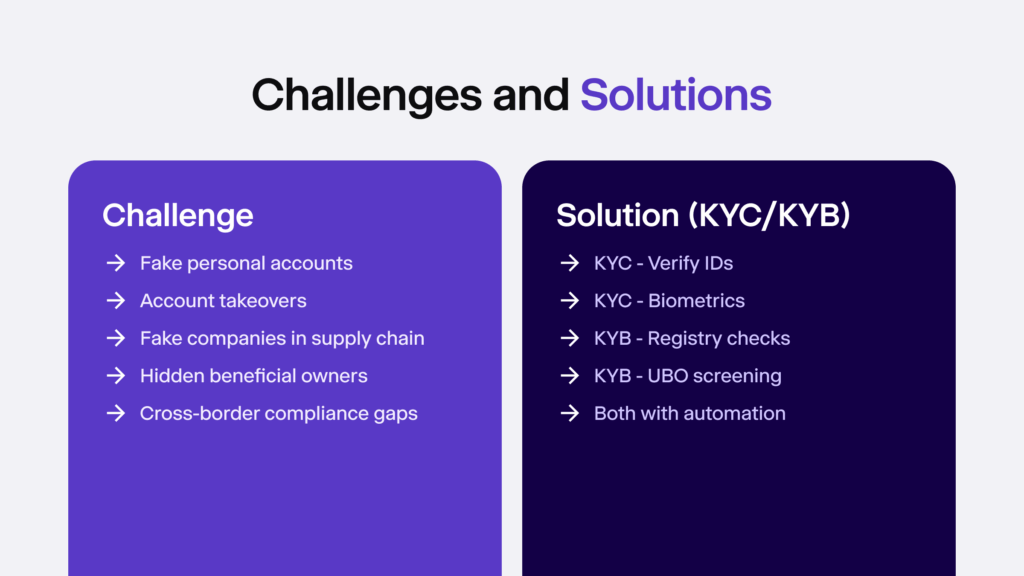
Why You Need Both in 2025
KYB catches these corporate tricks that KYC does not check. But individuals could still be a weak spot, with identity theft and fake profiles everywhere, KYC remains important.
They are your full security measures:
- KYC blocks shady people from sneaking in.
- KYB stops fake or risky businesses from getting a foothold.
Where Is KYC Showing Up
KYC is a lifesaver in people-heavy industries:
- Banking and Fintech: For AML compliance and fraud busting.
- E-commerce and Marketplaces: To stop fake accounts and scams.
- Crypto and Digital Assets: To satisfy worldwide regs.
- Gaming and Betting: For age checks and fraud prevention.
It keeps things safe and builds user trust.
Where KYB Steps Up
KYB is crucial for business-to-business interactions:
- Lending and Banking: Before handing out loans to companies.
- Supply Chains: To confirm partners are real.
- Financial Services: Against money-laundering fronts.
- Insurance: For corporate policy applicants.
It is the trust-builder in any B2B setup.
The Issues That Could Appear
It is not all smooth:
- Messy Ownership: Companies can layer up to hide owners.
- User Friction: Overdone checks, can lose good customers.
- Privacy Concerns: Handling data means that the company has to have tight security rules.
Many businesses outsource to pros who make it efficient.
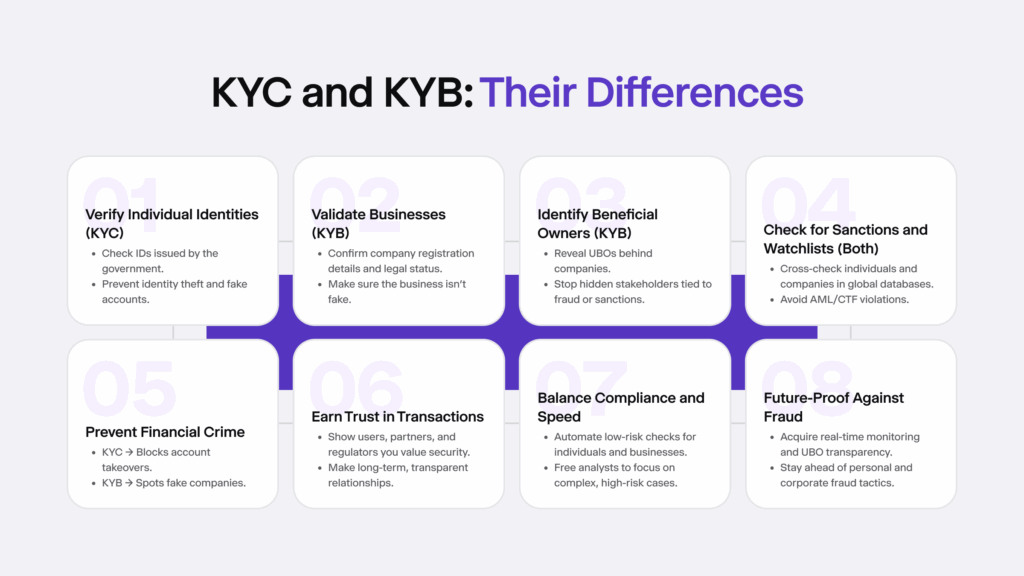
Looking Ahead for KYC and KYB
With fraud getting more creative, tools like AI and automation are speeding things up – real-time checks, smarter analytics, you name it. Regulators are demanding more ownership transparency, boosting KYB’s role. KYC is spreading to more areas.
Conclusion
Sure, KYC and KYB sound similar, but in business verification, their differences are huge. KYC handles people, KYB companies, and together they keep everything more secure.
For businesses in finance, tech, or B2B, treating these as main strategies means better fraud protection, solid rep, and trust in every deal. In 2025, the ones who get this right will thrive without the headaches.
